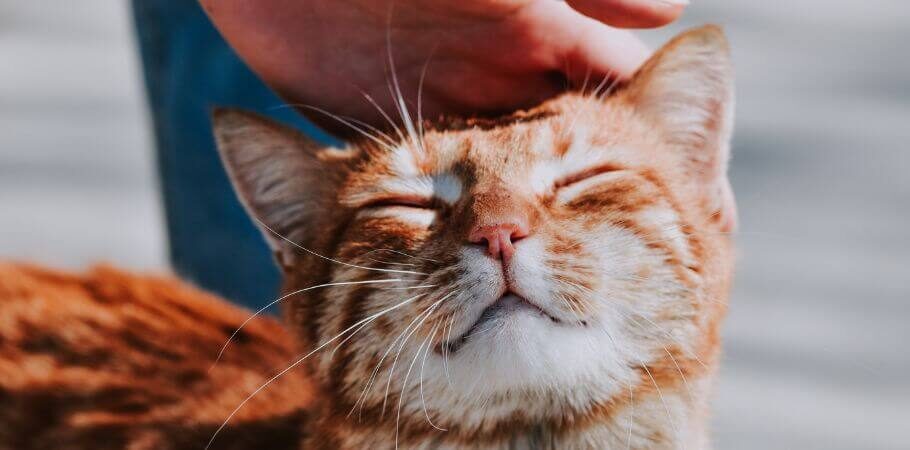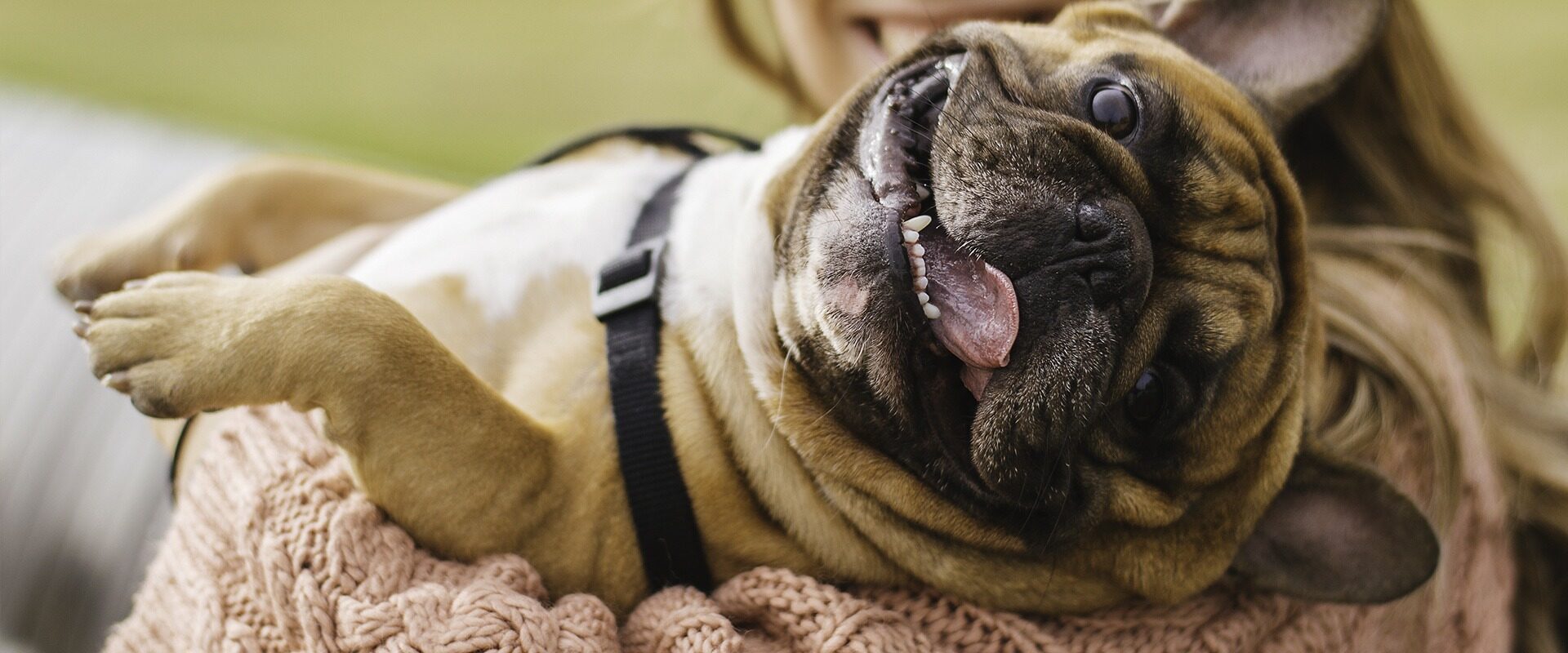
10 Steps You Can Take Today to Protect Your Child’s Inheritance
This guide will help you protect your child’s inheritance, so you can prevent future unintentional missteps.
Did you know that 10% of animals in shelters are there because their owner died? While you love your pet as part of the family, if you pass away without a care plan, they could end up at the mercy of an animal shelter. A pet trust is a legally binding way of providing for their long-term care once you are gone. Learn about the different types of pet trusts available and how the Virginia trusts and estates lawyers at Melone Hatley, P.C. can help you provide for your furry friend.
What is a Pet Trust?

A pet trust is a unique type of trust specifically created to handle the care of your pets. We know that pets are part of the family and that you want peace of mind regarding their livelihood.
A pet trust will help you control who cares for your pets after your death and allocate a portion of your estate for their benefit.
Under state intestacy laws, pets are naturally considered property and therefore fall under the same category as furniture or cars.
Without legal documentation, such as a pet trust, the state will control who cares for your pets, which may cause them to end up in a shelter or with an unfit family member.
Why is a Pet Trust Better Than a Will?
While a last will and testament is a trusted legal document for making your wishes known, a pet trust will better serve your four-legged companion. A pet trust allows you to provide more detailed care instructions for your pet. You can also include backup caretakers, including both individuals and organizations.
Money left for your pet in a will is considered a gift, and the recipient is not legally required to spend it on that pet. With a trust, instead of leaving money for their care to an heir and hoping they will adhere to your wishes, you leave money to the trust with legally binding fiduciary duties. As such, someone will follow up and ensure that funds are released for the care of the intended pet.
Finally, wills must be probated in court before funds become available to care for the pet. This probate process could take a long time to conclude, which can mean months of relying on loved ones to pay for the animal’s care before the courts release the funds.
Virginia Pet Trusts
Lawyer Near Me
Types of Trusts for Pet Owners in Virginia
To prevent the unexpected from happening, Virginia pet owners should consider creating a specific trust for their pets, which falls under two main categories.
Testamentary Pet Trust
A testamentary pet trust is created by a will, which will assign a caregiver to your pet and designate money for your pet’s expenses after you die. In Virginia, a pet trust will legally ensure that money designated to your pets will be used for their care, creating a pet trust statute.
However, those guidelines will not specify a standard of care for your pets or account for situations that may arise before your death, such as your incapacity. A court also reserves the right to reduce the amount of funds allocated for the care of animal needs if it believes the amount to be excessive.
Inter Vivos Pet Trust
As with a normal inter vivos trust, this entity is established while you are alive. In this type of pet trust, you can transfer money for the financial support of your pets at any point and designate trustees to care for them. You can name yourself the trustee and choose to name alternative trustees if you become incapacitated or unable to care for your pets. In this type of trust, you may also establish an individual as a trust protector to ensure that the trustee adequately supports your pets according to your guidelines.
This trust may also include more specific instructions for the care of the pets, including their food preferences, medical care, and social interactions.
How to Create a Virginia Pet Trust
Drafting the trust document may take time and must include the following.
- Identification information for your pet. Include microchip information, detailed physical descriptions, and, if available, a DNA sample. While this may seem excessive, such identifying information can prevent a trustee from quietly replacing the animal to retain access to the trust funds.
- Names of the designated trustee and caregiver, including any designated organizations, to serve as backup caretakers.
- Detailed terms of the trust, including the following:
- Which of your pets are included
- Who inherits the trust assets after the pet dies. In accordance with the pet trust statute in Virginia law, any excess assets will first go to the settlor (you). If you are deceased, they will go to who you name in the trust. If no one is named, those assets will go to your successors in interest.
- How the money in the trust should be used. For example, in our experience, one client only wanted to set aside the cost of the pet’s insurance and approximate health expenses. Other clients chose to take care of everything, including food, boarding, toys, etc.
- Details about your pet’s care, such as type of food, grooming schedule, and medical needs
- Requirements for inspections by the trustee to check that the pet is receiving the care as outlined in the trust
- Burial instructions, such as whether you want your pet cremated or buried, and if you want them placed near your grave or in another specific location
Optionally, Have the Trust Notarized
Animal trusts in Virginia do not require notarization. However, it provides extra legal protection against objections to the terms of the trust or its validity.
Choosing a Caregiver for Your Virginia Pet Trust
The designated caregiver for your pet will be the one that takes care of your pet on a daily basis. As such, you should choose someone who you know is dependable. Be sure to sit down with whoever you choose and discuss it with them. You want to be sure they are willing to care for your pet in the way that you want. If this person is unwilling to do so and you do not have someone to designate, you may want to consider an organization with a caretaker program.
Caretaker Programs
When you find it difficult to find someone to take care of your pets, some organizations maintain caretaker programs to help. Some of these organizations include:
- SPCA
- Vet school programs
- Pet rescue organizations
Research what options are available in your area and contact the ones you find ahead of time to work out logistics. Discuss with them what terms or instructions need to be included in the will or trust so that the pet will be released to the correct party upon the pet owner’s death.
Benefits of Creating a Virginia Pet Trust

There are many benefits to creating a pet trust in Virginia. The most essential of those benefits include the following.
- A pet trust contains legally binding promises of care. As such, the courts hold your designated caretaker responsible for caring for your pet according to your wishes.
- A pet trust provides peace of mind, allowing you to include specific, detailed instructions on the care of your pet. These instructions might revolve around veterinary care, specific foods, and exercise and enrichment measures.
- A pet trust creates financial security for the care of your pet. Loved ones will avoid worrying about the financial burdens of your pet’s ongoing expenses.
Provide For Your Furry Friends
Worrying about what will happen to a pet should you become incapacitated or die can be stressful. If this describes you or a loved one, you may need to create a pet trust to help with future care and expenses. To learn more about the types of pet trusts available, what is required, and how to get started, contact the experienced estate planning attorneys with the law firm of Melone Hatley, P.C.


 (757) 296-0580
(757) 296-0580

























